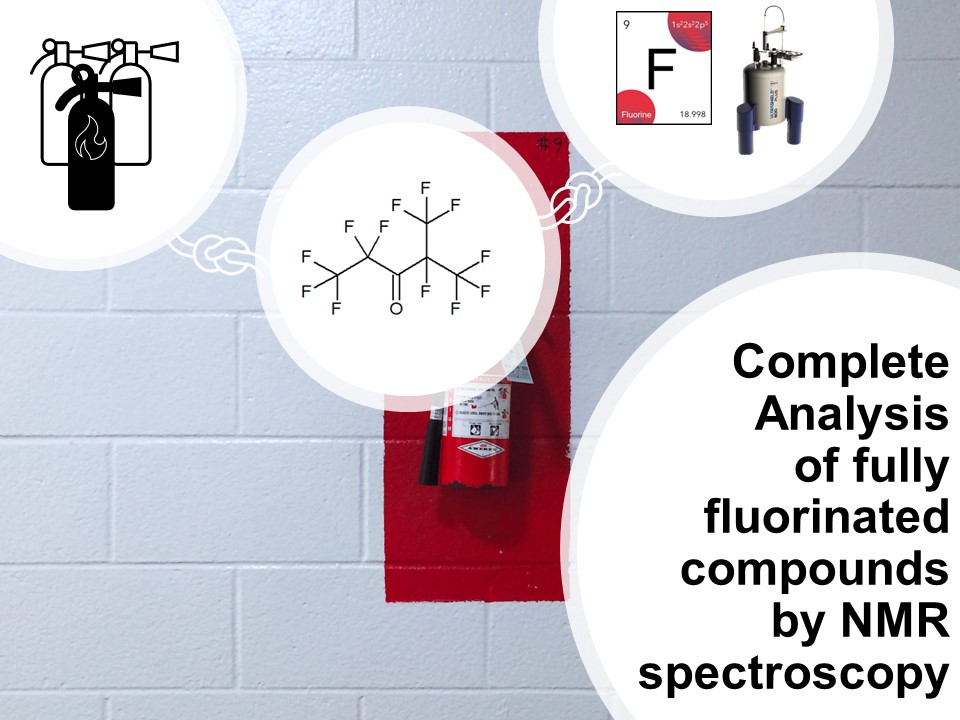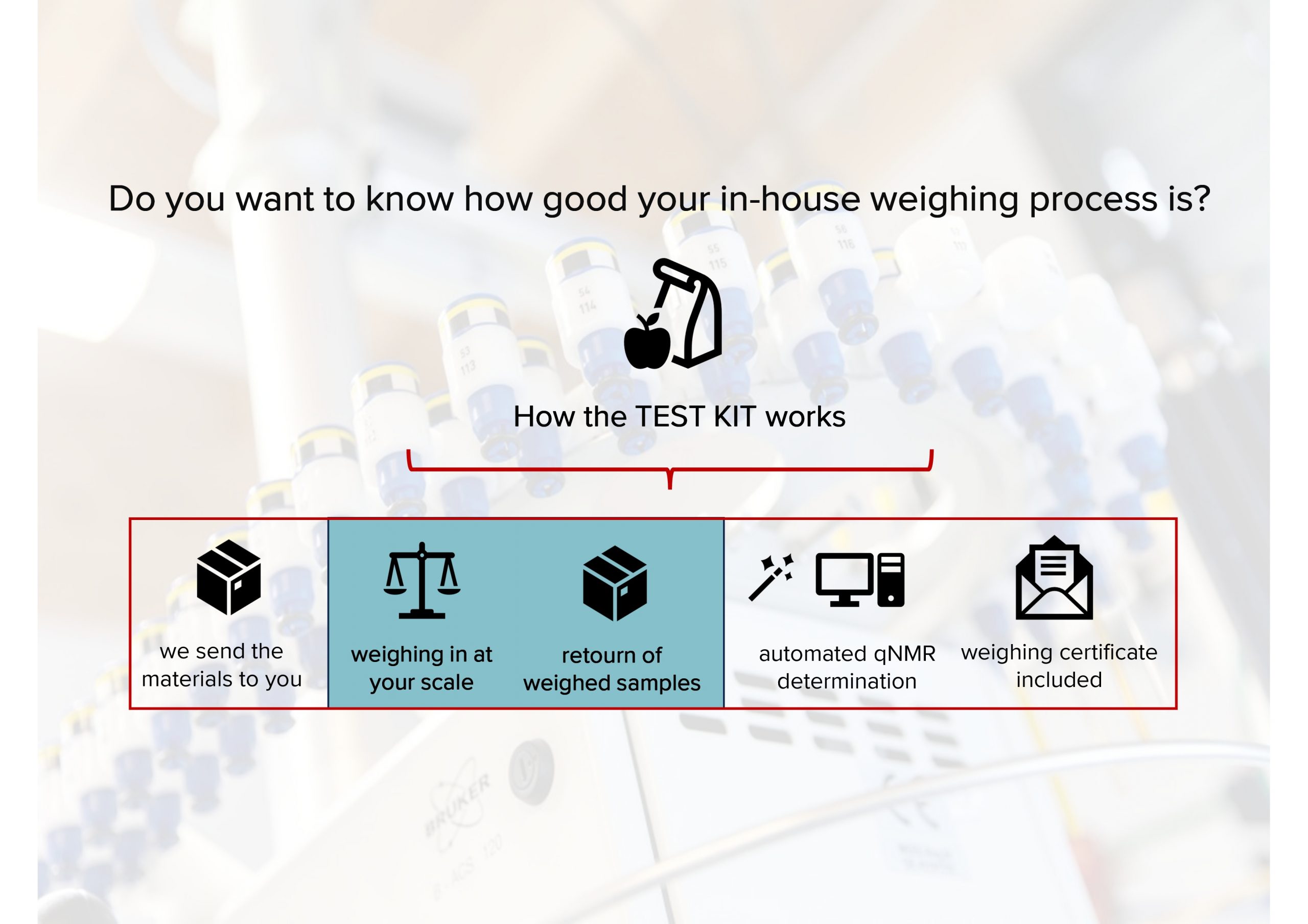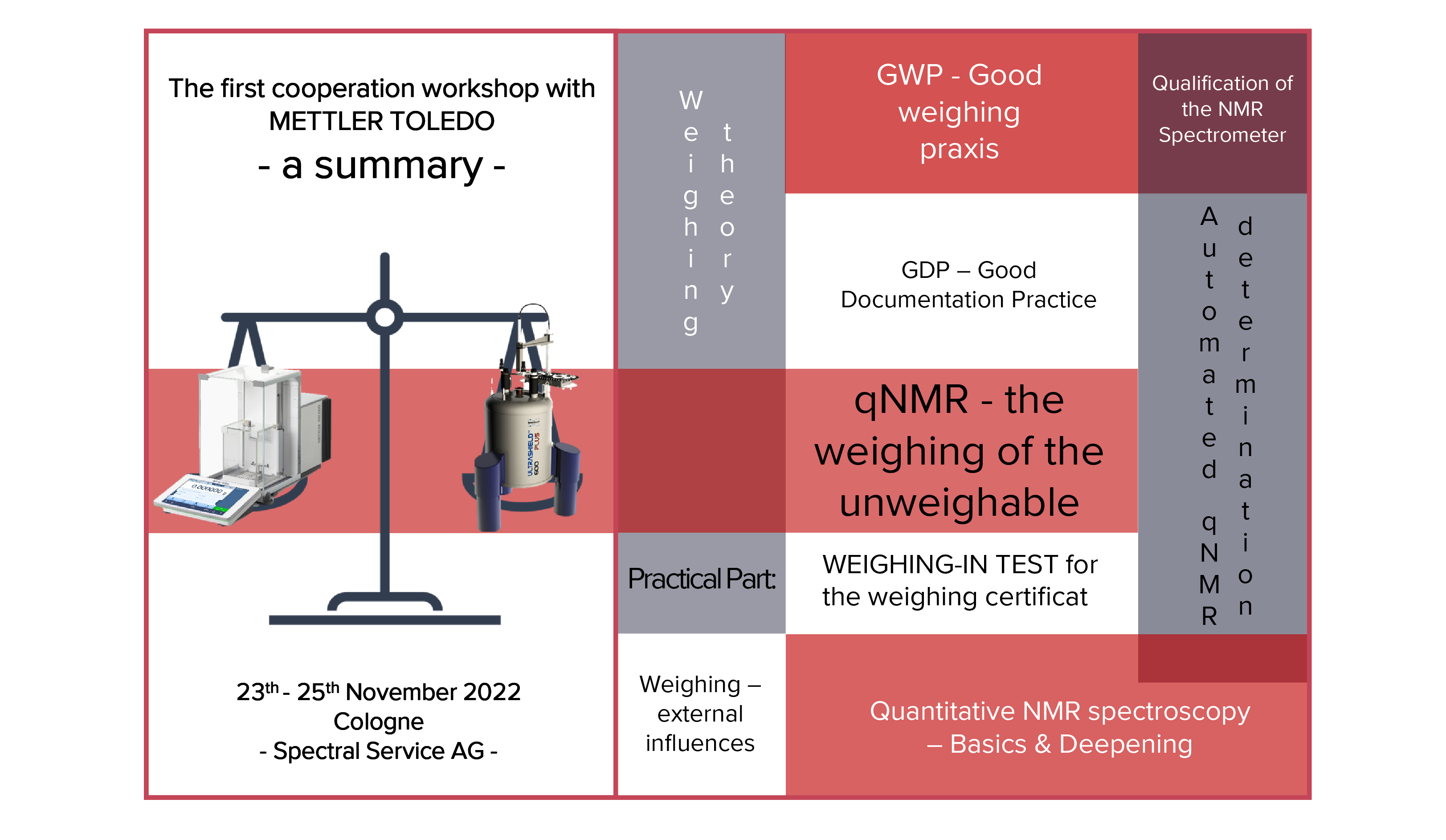Quality comes from the Latin word qualitas, which originally means nature or condition. The more common way of interpretation is the sum of all properties or attributes of an object. But what does quality really mean, as we are using this word frequently in our everyday life? You could ask many people and most of them will tell you something like that: „Quality is somewhat the promise of guaranteeing best properties.“ For example, when you buy a rain jacket for your next hiking tour in the Alpes or New Zealand, you expect it to have certain properties. At least, you expect it to be rain proof. This is just one example why someone would appreciate a product of a good quality. Nowadays, we have a lot of possibilities to certify systems and to prove the quality of a product.
Why would we need quality assurance?
Remember the time when those quality standards weren’t established yet. Go back to the early 20th century when Henry Ford started the industrial production of automobiles. Not many people are still alive who could tell us personally how it was back then. But still we are happy that we don’t have to live under these conditions anymore. The idea of considering the quality of products started in the late 19th century with the American Frederick Winslow Taylor who described a process management of workflows which he called Scientific Management, aiming to improve the industrial production. In this time, the control of the products was the main focus of quality issues. Later on, in the 1940ies and 1950ies the orientation of quality measures turned towards singular process steps, starting with a quality planning and monitoring the whole process and even the prevention of errors was already considered. To assure a products quality several descriptions of the products quality standards are needed and those normally exist in some written form. How else would you confirm a product’s quality if not comparing it to some specified standards which are proven to be good?
Getting back: Is Quality Assurance a promise for good properties?
Getting back to my introductory question: Is quality assurance a promise for good properties? History, especially in the medicinal sector, has shown that without existing standards and specifications which are being complied with, side effects of unknown severity can happen. Just remember the Contergan (also known as thalidomide) scandal back in the 1960ies, a drug which was applied to pregnant women to prevent them from morning sickness and which had an effect on over 2300 new borns who had deformities or missing limbs. Aren’t those happenings enough reason to comply with quality assurance programs such as GLP and GMP? Isn’t a human life more valuable than money? I say yes, considering my experiences and the value that lies within a gapless documentation, especially when addressing to drugs that are ingested and that also may cause severe side effects for myself, but also considering the risks of building a home or buying a new car. Thus, please consider the quality you can attend to during your everyday life and work – we are all able to improve the security of ourselves, our families, friends, neighbours and fellows!







